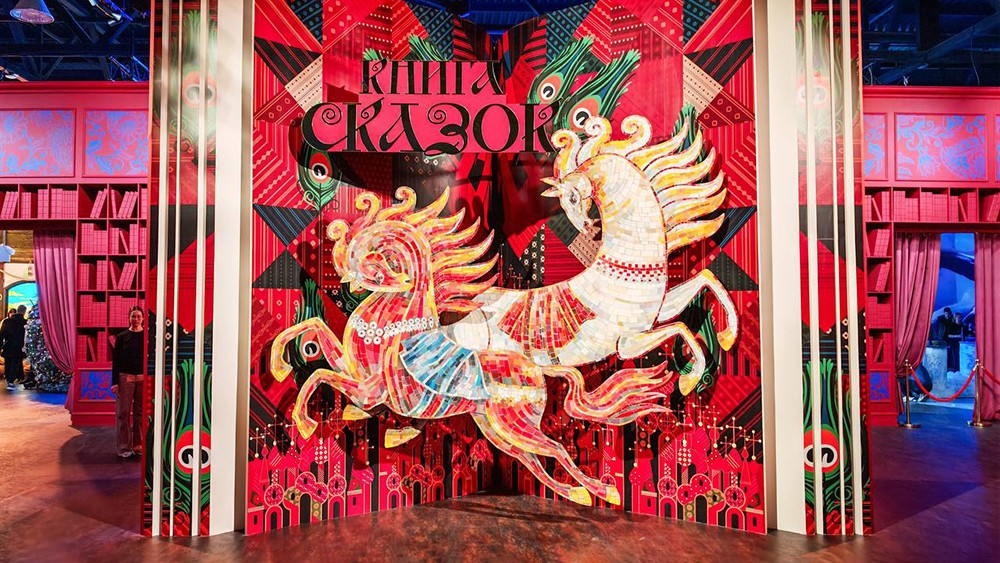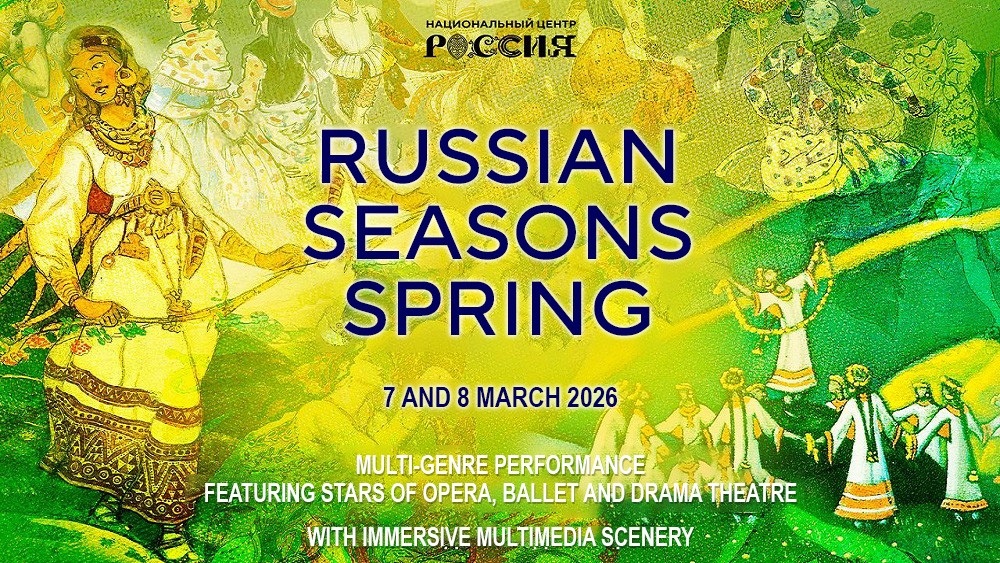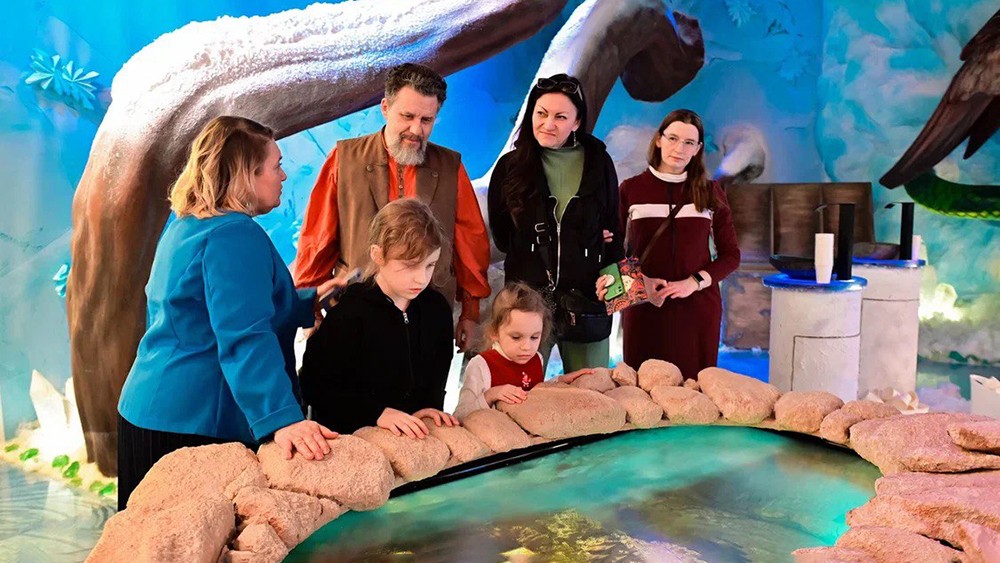Experts discussed the future of international law at the "Inventing the Future" Symposium
The concept of a rule-based order, the possibility of effective regulation of state relations, and other topics were discussed by participants of the International Symposium "Inventing the Future" at the National Centre RUSSIA.
The moderator of the round table "The Future of International Law" was Ekaterina Kopylova, Advisor to the Russian Federation Presidential Directorate for Social Projects.
"We were taught that there is international law, that it is the same for everyone. Its foundation is the UN. It was precisely the universality of international law that was considered the guarantee of peaceful coexistence of states. But the most dangerous thing is to deny reality," she said, opening the discussion.
The expert clarified that for many years, a number of countries have adhered to a "rule-based order," which is opposed to international law. The problem arises when one state tries to impose its vision of regulating international relations on others. According to her, this makes it necessary to rethink the overall theory of international law.
The President of the Serbian Centre for the Restoration of International Law, Goran Petronijevic, emphasized a key trend in the modern world order: the departure from neoliberal globalism and the transition to a multipolar world.
"We are witnessing how the concept of 'rule' is being introduced instead of rights. The consent of all international components stands behind the international law, while only the power of the hegemon stands behind the rules. However, over the last 15 years, there has been a noticeable trend of declining power of neoliberal globalism. The decline of the hegemon's influence coincides with the growth of the economic, military, and political power of the rest of the international community, which means that the formation of a multipolar world continues," Goran Petronijevic said.
A French international commercial arbitration judge, Lai Kamara, noted the historical roots of international law, emphasizing that it was initially formed in the interests of the Western world, which focused on the balance and equilibrium of European countries, while other countries remained outside this equation.
"We understand that the international law, as it was created, was made by the Western world and for the Western world, for Europeans. And they embedded the things that interested them into it — balance, equilibrium for European countries, while the other countries had no place in it," the expert pointed out.
The participants of the discussion also considered issues of environmental security in international law. Hasret Çomak, Professor at the Department of Political Science and Public Administration at Istanbul Kent University, emphasized that despite the successes the global community has achieved in environmental protection, serious challenges still arise, and their resolution is only possible with international legal support.
Additionally, on November 6, the Symposium hosted a panel discussion titled "The Future of Digital International Relations." Experts discussed how digital transformation is affecting international relations and why new technologies could become a key factor in the development of a multipolar world order. The discussion involved both Russian and foreign experts.
The International Symposium "Inventing the Future" is being held from November 4 to 6. Participants include scientists, researchers, futurists, science fiction writers, and representatives from government bodies from 101 countries, including Russia, India, Italy, Iran, China, the UAE, Serbia, the USA, and France. The program features over 60 sessions across four tracks: "Future of Human," "Future of Technology," "Future of Multipolar World," and "Future of Civilizations." The program and event broadcasts are available at the website future.russia.ru.
The International Symposium "Inventing the Future" is the first event of the National Centre RUSSIA, which was established on July 1, 2024, by the order of President of the Russian Federation Vladimir Putin. The Centre aims to preserve the legacy of the International RUSSIA EXPO and showcase the achievements of the country and its citizens. The work of the Centre involves federal authorities, state companies, corporations, and regions.
The "Book of Fairy Tales" exposition concluded on 28 February at the National Centre RUSSIA.
The original multi-genre performance "Russian Seasons. Spring" will be staged at the National Centre RUSSIA on 7 and 8 March.



